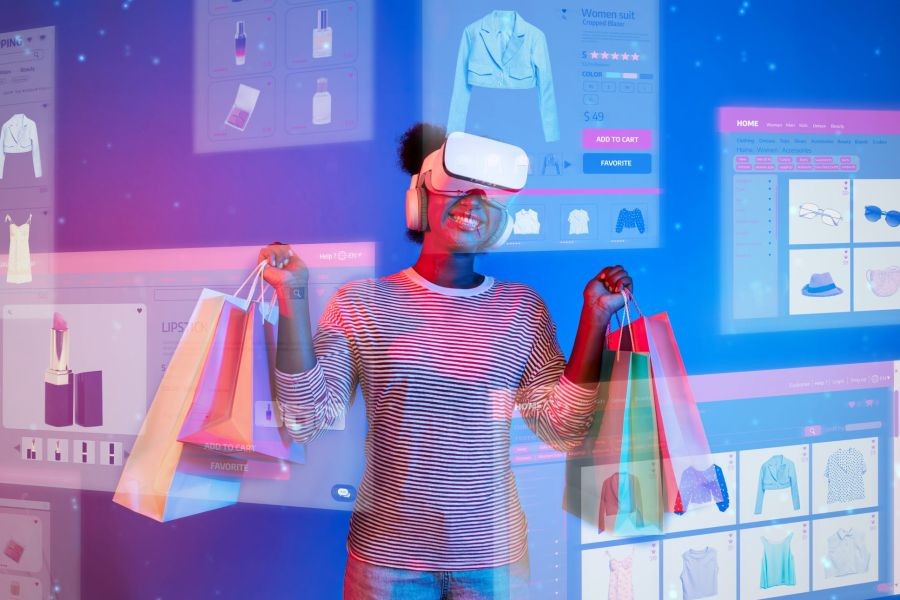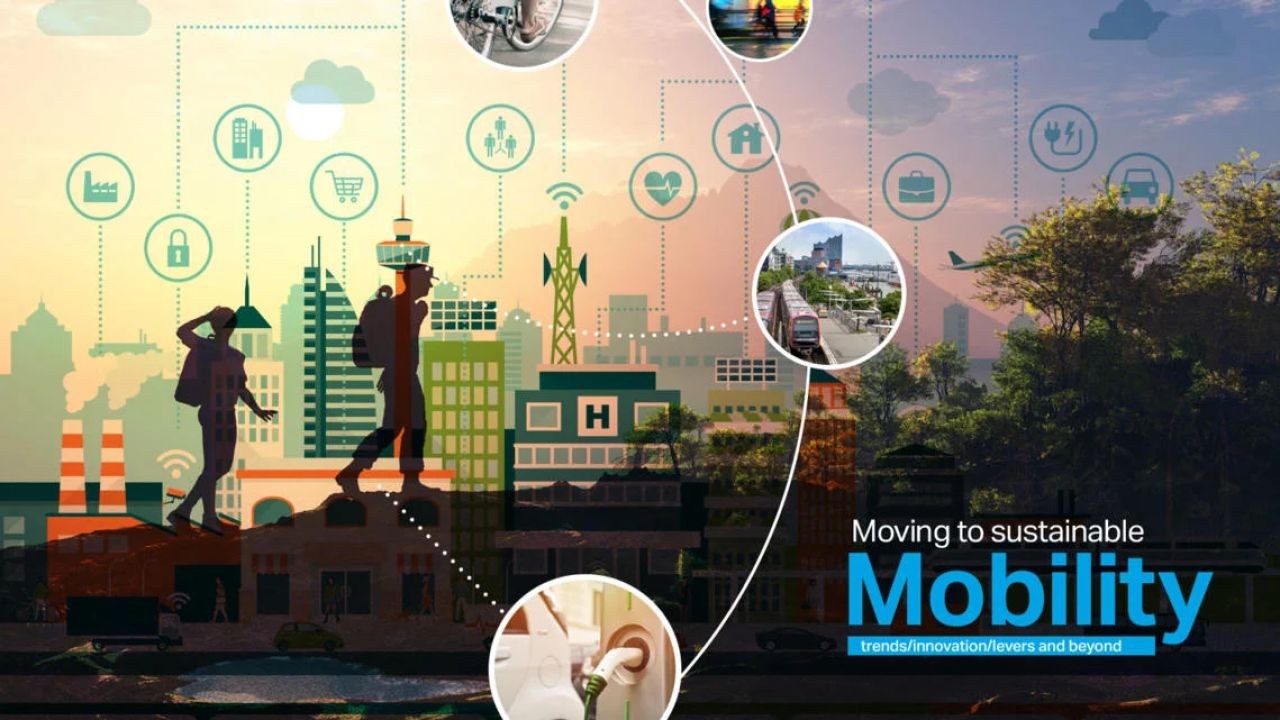In the ever-evolving landscape of retail, artificial intelligence (AI) is poised to transform the way Australians shop. As we enter an era where technology not only supports but also leads, AI-powered retail innovations are set to redefine consumer experiences and business operations alike. From personalized shopping experiences to supply chain optimizations, AI's role in the retail sector is both profound and multifaceted. This article delves into how AI-powered retail will impact the Australian market, supported by data-driven insights, case studies, and expert opinions.
AI in Retail: Revolutionizing the Shopping Experience
AI technology is revolutionizing retail by offering unprecedented opportunities for personalization and efficiency. According to a report by Deloitte, AI-driven personalization in retail is expected to enhance conversion rates by up to 35%. For Australian consumers, this means a more tailored shopping journey, with AI algorithms predicting and suggesting products based on individual preferences and past behaviors.
Case Study: Woolworths' AI-Driven Customer Insights
Woolworths, one of Australia's leading supermarket chains, has embraced AI to enhance its customer experience. The company implemented AI algorithms to analyze customer data, enabling them to tailor promotions and offers to individual shoppers. As a result, Woolworths reported a 20% increase in customer engagement and a noticeable improvement in sales.
This case study highlights the potential of AI in transforming traditional retail models by leveraging data to create personalized experiences, ultimately driving customer loyalty and sales growth.
Supply Chain Optimization with AI
AI is also making significant strides in optimizing supply chains, a critical component of retail success. Through advanced analytics and machine learning algorithms, retailers can predict demand more accurately, manage inventory efficiently, and reduce operational costs. The Australian Bureau of Statistics (ABS) notes that retailers utilizing AI for supply chain management have reduced inventory costs by 15% on average.
Case Study: Coles and AI-Powered Inventory Management
Coles, another major Australian retailer, has implemented AI solutions to streamline its inventory management. By predicting product demand and optimizing stock levels, Coles reduced waste and improved product availability. This approach not only enhanced customer satisfaction but also contributed to a 10% reduction in supply chain costs.
This case exemplifies how AI can lead to more efficient and sustainable retail operations, benefiting both businesses and consumers.
Ethical Considerations and Regulatory Insights
As AI continues to integrate into retail, ethical considerations and regulatory compliance become crucial. The Australian Competition & Consumer Commission (ACCC) emphasizes the importance of data privacy and consumer rights in the context of AI-driven retail solutions. Retailers must navigate these regulations carefully to ensure consumer trust and avoid penalties.
Moreover, the Australian Prudential Regulation Authority (APRA) has issued guidelines to help retailers understand and adhere to legal frameworks surrounding AI and data usage. These guidelines aim to protect consumer data while promoting innovation and competition in the retail sector.
Comparing Global and Australian AI Adoption Trends
Globally, AI adoption in retail varies significantly, with countries like the United States and China leading the charge. However, Australia is rapidly catching up. A study by McKinsey highlights that Australian retailers investing in AI technologies have seen a 25% increase in operational efficiency, demonstrating the country's growing commitment to digital transformation.
While Australia may not yet match the scale of AI implementation seen in larger economies, the country's focus on innovation and technology-driven growth ensures it remains competitive. This trend is supported by the Australian Government's Digital Economy Strategy, which aims to position Australia as a leading digital economy by 2030.
Pros and Cons of AI in Retail
Pros:
- Enhanced Personalization: AI allows for highly customized shopping experiences, increasing customer satisfaction and loyalty.
- Operational Efficiency: AI-driven automation reduces time and costs associated with inventory management and supply chain logistics.
- Data-Driven Insights: Retailers can make informed decisions based on comprehensive data analysis, improving business outcomes.
- Competitive Advantage: Early adopters of AI in retail gain a significant edge over competitors, driving market share and profitability.
Cons:
- Initial Investment Costs: Implementing AI solutions requires significant financial investment, which may be a barrier for smaller retailers.
- Data Privacy Concerns: As AI relies heavily on data, retailers must ensure robust data protection measures to maintain consumer trust.
- Regulatory Compliance: Navigating the complex regulatory landscape can be challenging for businesses adopting AI technologies.
- Potential Job Displacement: Automation may lead to job losses in certain areas, necessitating workforce reskilling and adaptation.
Common Myths and Mistakes in AI-Powered Retail
Myth: AI will completely replace human jobs in retail.
Reality: While AI automates certain tasks, it also creates new job opportunities, particularly in areas requiring human judgment and creativity. According to the Reserve Bank of Australia (RBA), 60% of jobs in retail will require AI-assisted skills by 2030.
Myth: AI solutions are only for large retailers.
Reality: AI technologies are becoming increasingly accessible to small and medium-sized enterprises (SMEs) through scalable and affordable solutions, enabling them to compete effectively in the market.
Future Trends and Predictions
Looking ahead, AI is expected to continue reshaping the retail sector in Australia. By 2028, experts predict that 70% of retail transactions will involve some form of AI interaction, from virtual shopping assistants to automated checkout processes. Additionally, as AI technologies evolve, retailers will increasingly focus on ethical AI practices, prioritizing transparency and consumer trust.
Conclusion
AI-powered retail is not merely a futuristic concept but a present reality reshaping the shopping landscape in Australia. By embracing AI, retailers can enhance personalization, optimize operations, and remain competitive in a rapidly evolving market. However, they must also navigate ethical considerations and regulatory challenges to ensure sustainable growth. As AI continues to advance, the future of retail in Australia promises to be both exciting and transformative.
What are your thoughts on the impact of AI in retail? Share your insights and experiences with us!
Related Search Queries
- AI in retail examples
- How AI is changing the retail industry
- Benefits of AI in retail
- AI retail trends Australia
- AI-powered shopping































